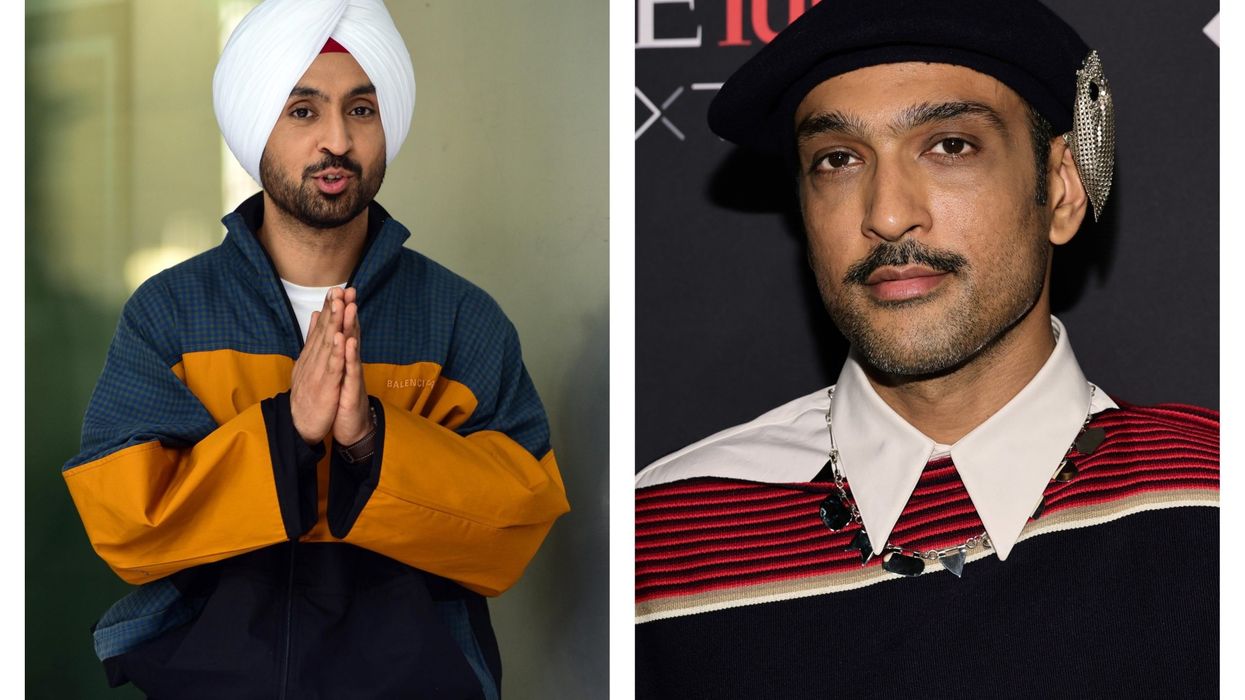The Coachella Festival, which is also known as the Coachella Valley Music and Arts Festival, began with a bang at the Empire Polo Club in Indio, California, on April 14, 2023. The first of its 2023 weekends is being held from April 14-16, with headliners Bad Bunny, BLACKPINK, and Frank Ocean.
But what makes Coachella 2023 different this year is the fact that we are going to see South Asian artists like Diljit Dosanjh, Raveena Aurora, Jai Paul and B.R.E.E.D - Ritesh D'Souza and Tara Mae, and Ali Sethi take the stage by storm. Let’s take a closer look at these musicians from South Asia.
1. Diljit Dosanjh
Diljit Dosanjh needs no introduction. He is one of the most gifted artistes of his generation, who has impressed audiences not only with his singing but acting talent also. In 2020, he made his fans proud by entering the Social 50 chart by Billboard. Apart from appearing in several commercially successful Hindi and Punjabi-languages films, Dosanjh also has to his credit 13 studio albums, one extended play, and over 40 singles in his musical career. He is making his debut at Coachella 2023. He is also the first Punjabi language singer to perform at the festival.
2. Jai Paul
Jai Paul is also a multi-talented personality. Born and raised in England, Paul is a songwriter, record producer, and recording artist of Indian descent. He earned fame when his demo recording ‘BTSTU was leaked online, which eventually led him to sign with XL Recordings. It is going to be his first-ever live performance.
3. Raveena Aurora
Unlike Diljit Dosanjh and Jai Paul, this is not going to be Raveena Aurora’s debut at Coachella 2023. She became the first woman of Indian origin to perform at Coachella back in 2022. Known for her eccentric maximalist style of art, inspired by Bollywood and Indian culture, Aurora is expected to present a cover of a Bollywood song in her own R&B twist. Let’s wait and watch!
4. B.R.E.E.D - Ritesh D'Souza and Tara Mae
Ritesh Perpetua D’Souza aka DJ Nasha was a sensation in the ‘90s. He became popular for his Bollywood-meets-electronica tracks. However, he shifted base to Los Angeles in 2013 seeking an international stage for his music. In 2015, Ritesh became the first ever Indian to perform at Coachella along with L.A.-based classically trained pianist Tara Mae. B.R.E.E.D also made its appearance in 2022 with Raveena Aurora Aurora and is all set for the stage this year as well.
5. Ali Sethi
Ali Sethi is among South Asian artists debuting at the festival as they perform alongside international acts like BLACKPINK, Kid Laroi, Charli XCX, Labrinth, Jai Wolf, Joy Crookes, Jai Paul, Frank Ocean, and Underworld. Sethi shot to overnight fame with his popular song “Pasoori” which was the most searched song of 2022 on Google.




